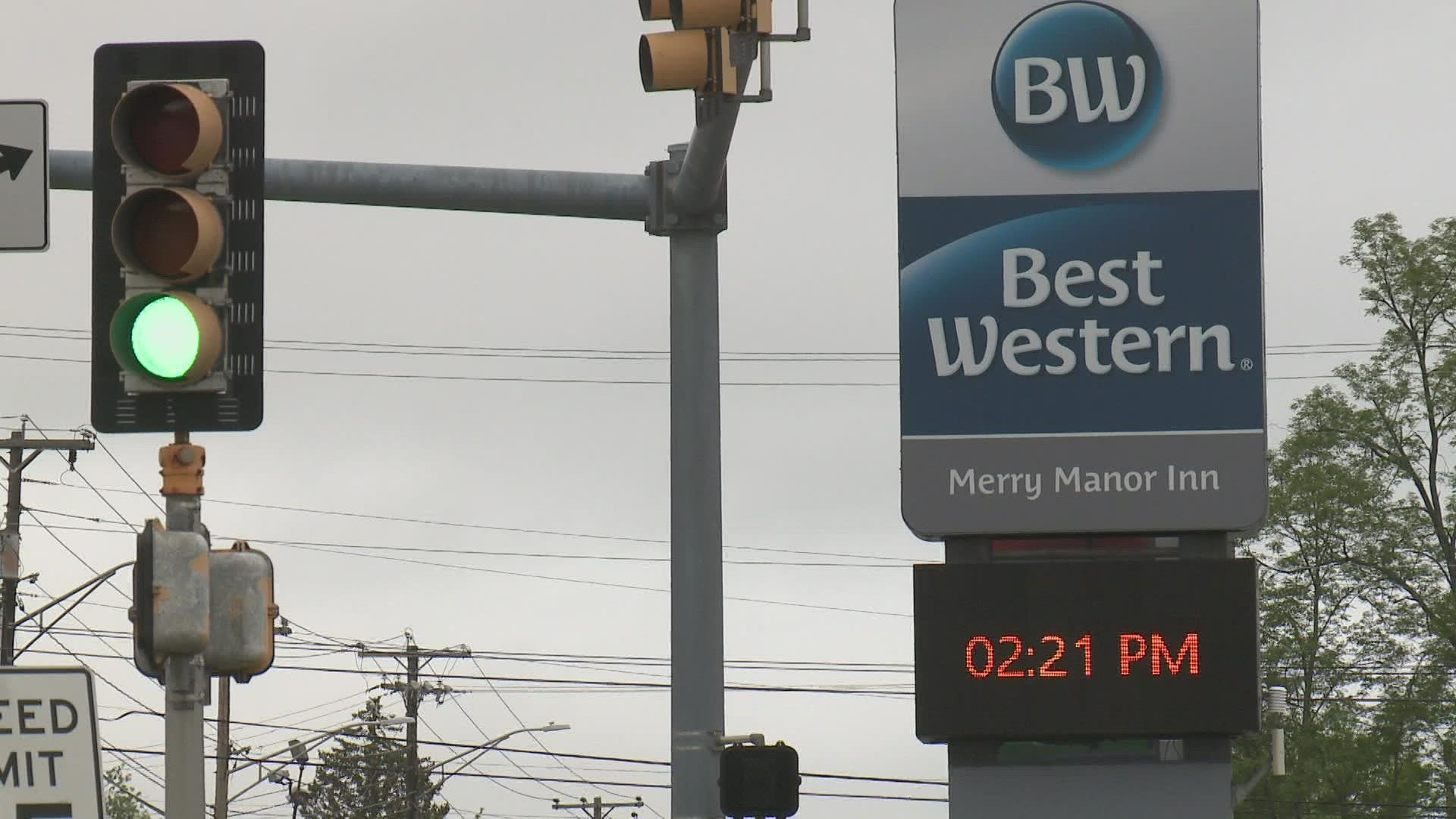MAINE, USA — The Maine State Housing Authority is changing its eligibility standards for the Emergency Rental Assistance Program, which began in March 2021 as a temporary measure to address stressors brought on by the pandemic, leaving some worried they may no longer have a place to live as early as Wednesday.
The changes going into effect Wednesday will limit benefit amounts and cap hotel lodging rates to the federal standard. The four key changes include:
- Capping payments to hotels at the federal General Services Administration limits, based on season and location.
- Limiting participation in the ERA program to 12 months instead of 18 months.
- Reducing income eligibility for the program from 80 percent of the area median income to 50 percent.
- Limiting what the program covers to just rent, back rent, security deposits, and electric utility expenses. The program also will no longer be an option for people already living in subsidized housing.
"We’re hopeful [these changes] will allow us to stretch the program through next winter and into the spring of 2023," Scott Thistle, communications director for MaineHousing, said. "Otherwise, our projection is this program would be running out of funds some time in the fall."
Thistle said it's important for people to remember the ERA Program was never meant to be a permanent solution. He said since the program launched in March 2021, they've provided close to $200 million in rent relief to Mainers.
"It was funded with a large amount but a limited amount of funding, so it doesn’t have an ongoing funding source," Thistle said.
Sarah Austin is a staff attorney with Pine Tree Legal Assistance. She said she and her team are working with about 19 people from Cumberland, Sagadahoc, and York counties who have been staying in hotels and motels and are at risk of getting kicked out when the program's eligibility standards change.
"It’s absolutely terrifying for these folks, and these folks have rights," Austin said.
Austin said Pine Tree Legal's goal is to prove their clients are tenants, not just guests, at the hotel or motel where they have been staying. That way, they would be entitled to an eviction process, which could buy them up to a month and a half to figure out a new living situation. Austin said under the law, a person is considered a tenant if the hotel doesn't provide them with traditional amenities, like maid service, cleaning service, laundry service, and a regular changing of linens.
"Every day counts when you’re looking for housing," Austin said about the importance of being housed.
The Travel Inn in Lewiston has been participating in the ERA Program since November 2021. General Manager Tammy Wilson said she wanted to take part to help people out since she was once in their position.
"I was homeless at one time, my husband and I," Wilson said. "I know how it feels."
Wilson said a lot of people come to stay at the inn after losing their job or housing. She said she keeps her rates very low, about $275 per week or $43 per night, so her customers shouldn't be impacted by Wednesday's new ERA program eligibility standards. Even so, it's unclear what will happen when the program runs out entirely.
"I’m very worried. I’m very scared for my customers," Wilson said.
One of those customers is Bert Brown, who has lived at the Travel Inn for about five years. He started using the ERA program after losing his job.
"People right now — we’re just trying to make ends meet," Brown said.
Brown said he has experienced homelessness in the past and doesn't want to end up in that situation again after the ERA program ends.
"The thought of not having a place to stay — it gets to you," Brown said.
Jeremy Zelaya-Floyd is a school intervention strategist in Greater Portland . Zelaya-Floyd said he's heard from some of the students he works with that they're at risk of losing their housing because of this situation.
"The majority of students that are struggling with homelessness come to school tired, exhausted, emotionally exhausted," Zelaya-Floyd said.
The strategist added he worries about his students' mental health and their ability to succeed in the long-term when they have to worry about basic needs like food and housing.
"I don’t know what else is going to happen to these guys, and I’m really concerned because then it’s going to be even more effort in the fall to get them reconnected," Zelaya-Floyd said.
Click on the links to learn more about the changes to the ERA program eligibility standards and the new income limits.

